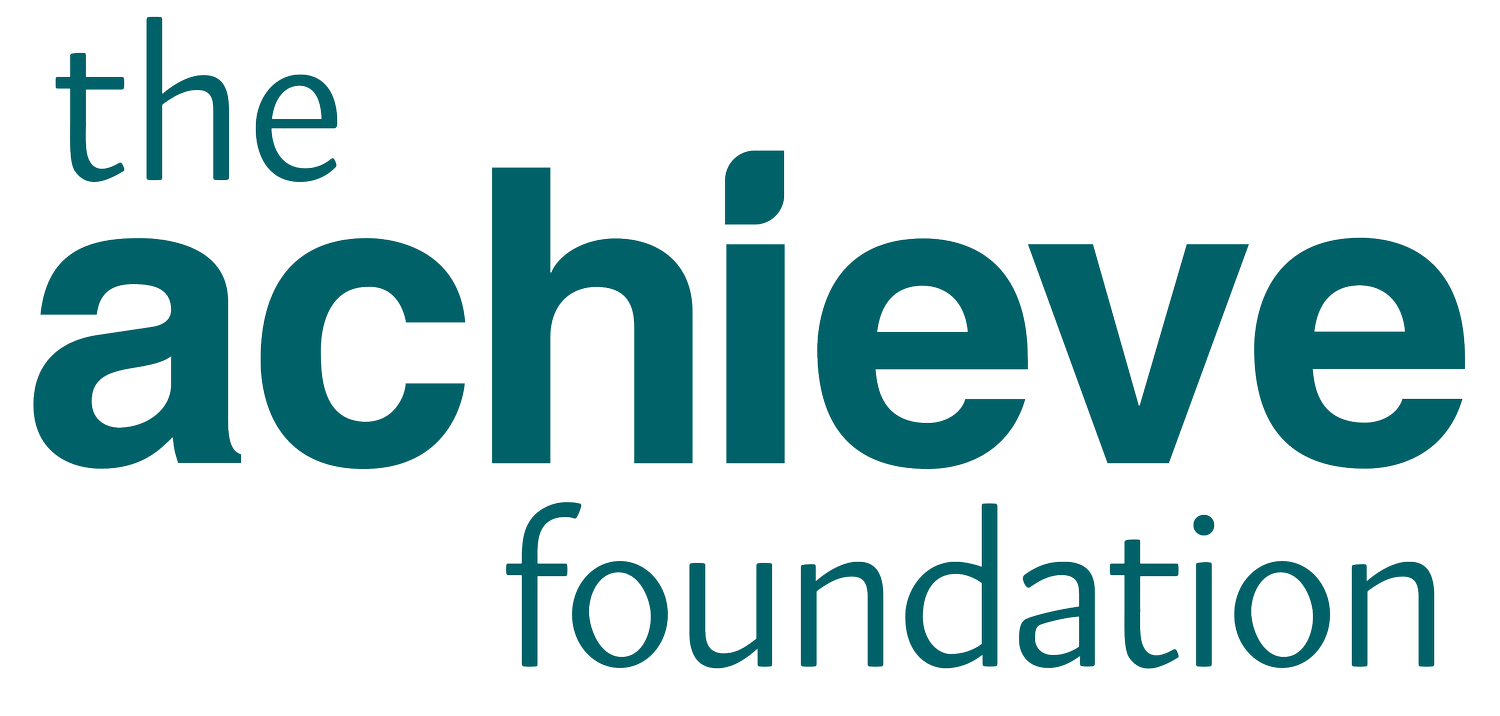
Partners
Systems and attitudes can be hard to change. They have been built over a long time, and touch many people. That’s why we all need to join together to change systems, and to create spaces where everyone feels safe and at home.
The Achieve Foundation wants to ‘partner’ with organisations and people. This particularly includes people with disability. We are building a community that works to improve everyday life for all people with disability.
Partnering means that we can work together to:
Learn from each other
Work towards the same goals
Do bigger things
Be clear about what goals are
The Achieve Foundation partners include:
Deloitte
Hireup
Philanthropy Australia
Social Ventures Australia
UTS
Partnerships
The Achieve Foundation is working to overcome barriers to inclusion, focusing on housing for people with disability, and changing community attitudes: ways of ‘thinking’ and ‘doing’. We understand that the disability community has been working on these challenges for a long time and has made real progress. We want to do what we can to help.
We are always stronger when we work together. If we work together, we will:
Build a philanthropic community committed to disability
Create social-impact investment opportunities
This will enable us to:
Change attitudes towards people with disability
Shift approaches to housing for people with disability
"Most Australians want a more inclusive country: we just need to help ordinary people understand that there is a group that is missing out. Some of these ordinary people will be philanthropists and investors. Their commitment will help make real impact.”
– Richard Dinham
Values shared with partners
The Achieve Foundation partners are organisations and individuals who share the vision to improve outcomes for all people with disability across Australia:
Leadership of people with disability as a primary source of expertise
Build a disability-philanthropy community
Removing barriers to inclusion through philanthropy and investment
Based on international and local research and evidence
Partner with The Achieve Foundation
Partner with The Achieve Foundation and
Contribute to research
Guide resource allocation
Identify areas for innovation
Develop and join us in project implementation
Our partners include
Deloitte
Deloitte is building a business case to drive philanthropy for disability. The focus will be on driving non-givers rather than redirecting existing support, and will also focus on not-for-profits and financial advisors in trustee companies.
UTS
We are working with researchers from UTS to examine features of SDA housing in NSW such as proximity to community nodes and building characteristics. This project is coupled with a qualitative examination of how people living in SDA housing interact with their community. From this work we will gain an improved understanding of the current distribution of SDA housing in NSW and how it meets the needs of the people for whom this is home.
Social Ventures Australia
Social Ventures Australia is analysing the social impact investing (SII) environment and investment frameworks in Australia for disability. The focus is on housing and employment opportunities for people with disability, and will assist The Achieve Foundation to be a catalyst for innovation and scalable solutions.
Philanthropy Australia
Philanthropy Australia serves a community of funders, social investors and social change agents. Its various Philanthropy Australia Peer Networks increase philanthropic engagement by partnering organisations. The Disability Philanthropy Peer Network allows organisations including The Achieve Foundation, to connect for philanthropic purpose.
FrameWorks Institute
The Achieve Foundation is partnering with the FrameWorks Institute to drive a shift in community attitudes towards disability in Australia. The focus of this work will be on implementing communication strategies to create the conditions for a national-level change in the conversation about disability, at the local council level, in large employers, and disability service delivery.

